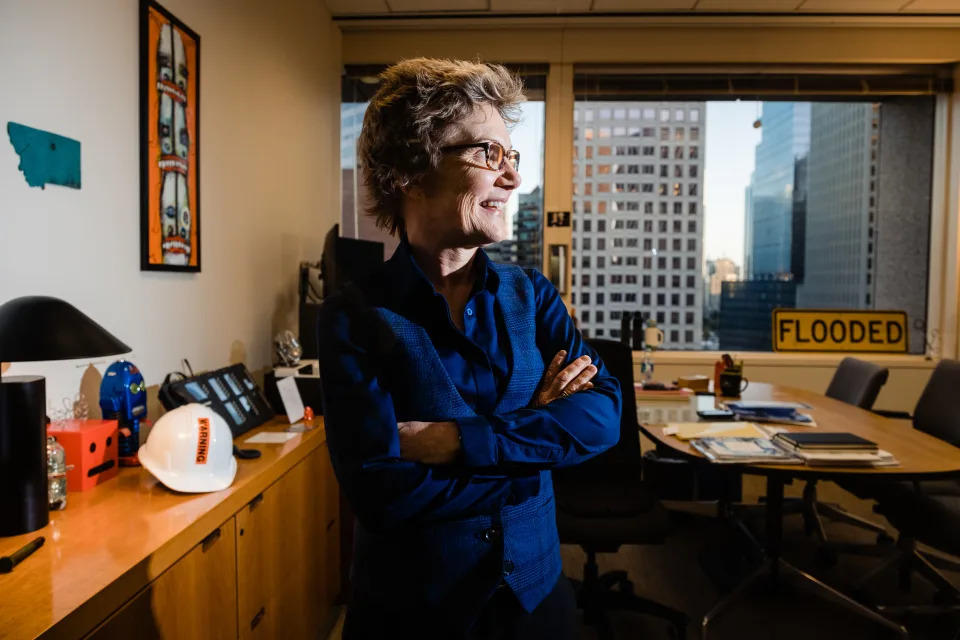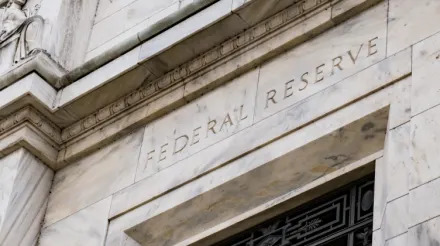San Francisco Fed president Mary Daly struck a measured tone following a market rout Monday , saying that a slowing job market isn't yet reason for alarm while declining to make predictions about when the central bank might start interest rate cuts.
"We've now confirmed that the labor market is slowing, and it's extremely important that we not let it slow so much that it tips into a downturn," Daly said while speaking in Hawaii.
But "it's too early to tell" whether the labor market is "slowing to a sustainable pace which allows the economy to continue to grow" or whether "it's getting to a point where there's real weakness there."
The Fed policymaker reiterated that she does expect interest rates to come down "to preserve the balance” of full employment and price stability. But she said she wasn’t prepared to say when or by how much because she expects to look at more data between now and the next Fed policy meeting in September.
"I can't tell you whether we will do a certain degree of cuts," she said.

The pressure on the Fed to cut rates is rising in the wake of heavy selling on Wall Street and a disappointing jobs report Friday that stoked recession fears .
Data from the Bureau of Labor Statistics released Friday showed the US economy added 114,000 nonfarm payroll jobs in July, fewer than the 175,000 expected by economists. The unemployment rate rose to 4.3% — its highest level since October 2021.
Traders are now betting the Fed will act more aggressively in the remaining months of 2024.
They expect rate cuts of half a percent in both September and November and another quarter-point cut in December. Previously, traders were looking at two quarter-point cuts for the rest of this year.
JPMorgan chief economist Michael Feroli suggests there is even a growing argument for a rate cut before the next scheduled policy meeting on Sept. 17-18.
There is a "strong case to act before September," he said in a research note.
The Fed looks to be "materially behind the curve," added Feroli, who expects a 50-basis-point cut at the September meeting followed by another 50-basis-point cut in November.
But Daly noted that the job market is backward-looking and that the July report released last Friday had a lot of temporary layoffs that could reverse as soon as the next jobs report.
As for the uptick in the unemployment rate, she also pointed to a large increase in the number of people in the labor force, who appeared to be immigrants coming into the job market for the first time. Daly said it takes them longer to find jobs when they first start out.
“I'll be watching very carefully to see if the next labor market report continues to suggest that kind of same number or same dynamic, but that could also reverse,” said Daly.
One thing Daly said she did on Friday was call chief executives in her district to understand whether they were slowing hiring or laying off workers. She confirmed that companies are slowing the pace of hiring right now.
“We don't see firms laying off workers,” said Daly. “We don't see demand, slowing consumer demand, flowing incomes are still strong. Order books are still good. So I see an economy that has momentum and we want to make sure we keep that.”





